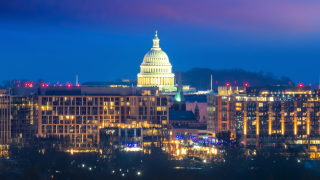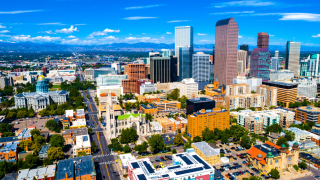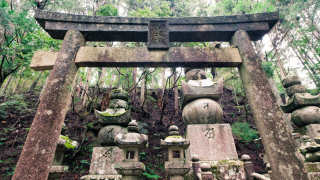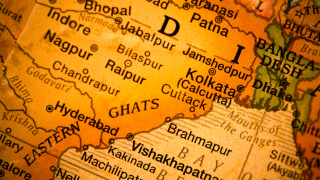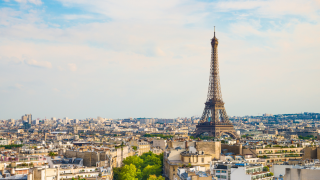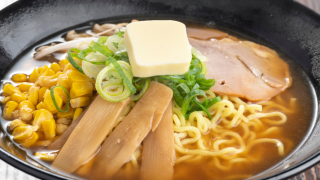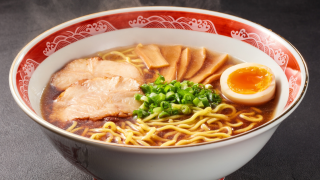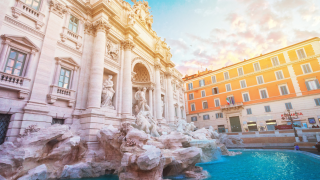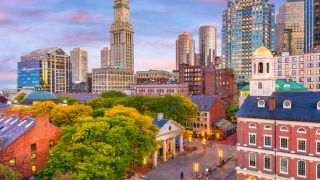 LOANWORD
LOANWORD Is Boston Written in Kanji as “波士敦” or “波士頓”? The Images Japanese People Hold of Boston
In Japanese writing, Boston can appear as “波士敦” or “波士頓,” both rooted in phonetic transcription. Beyond the script, however, the city resonates with Japanese people as a symbol of prestigious universities, revolutionary history, and world-class sports. Boston is perceived not just as an American city, but as a place of global cultural significance.

